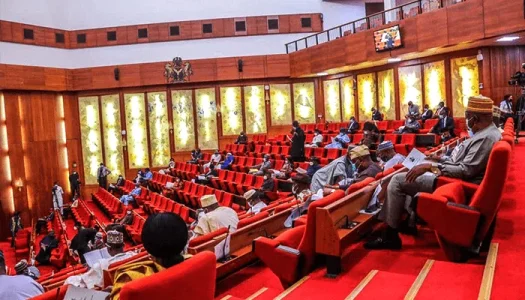
Sokoto State governor's decision to name a road after Seyi Tinubu, President Bola Tinubu's son, has sparked anger, with residents criticizing the move as disrespectful to local cultural and religious values.
The decision by the governor of Sokoto State, Ahmad Aliyu, to name a newly constructed road after Seyi Tinubu, son of President Bola Tinubu, has sparked widespread anger and condemnation across the predominantly Muslim state. The move has been criticized as an affront to the state's cultural and religious values, fueling tensions and raising questions about the governor's motivations.
The road, formerly known as "Pepsi Road," was supposed to be commissioned on June 3 by the Katsina State governor, but the event was postponed. On Saturday, a photo of the renamed road, "Seyi Ahmed Bola Tinubu Road," went viral on social media, ahead of its rescheduled commissioning, the date of which is yet to be announced.
Residents have expressed outrage, with one stating that the governor had no basis for the decision since Seyi Tinubu has not played any worthy role in commemoration in Sokoto or Nigeria at large. Others criticized the governor for overlooking the illustrious indigenes of Sokoto and instead naming a road after the president's son, who is not even from the northern region.
The decision has ignited a firestorm of reactions on social media, with nigerians condemning the move as a denigration of Sokoto's name and a lack of capacity and "sheepishness" on the part of the governor. Some have questioned the appropriateness of naming a road after an individual with little or no contribution to the country's progress.
While the governor's spokesperson could not be immediately reached for comment, the controversy has reignited debates surrounding the separation of religion and state, the recognition of diverse identities, and the challenges of balancing cultural traditions with modern governance in a pluralistic society like Nigeria.




